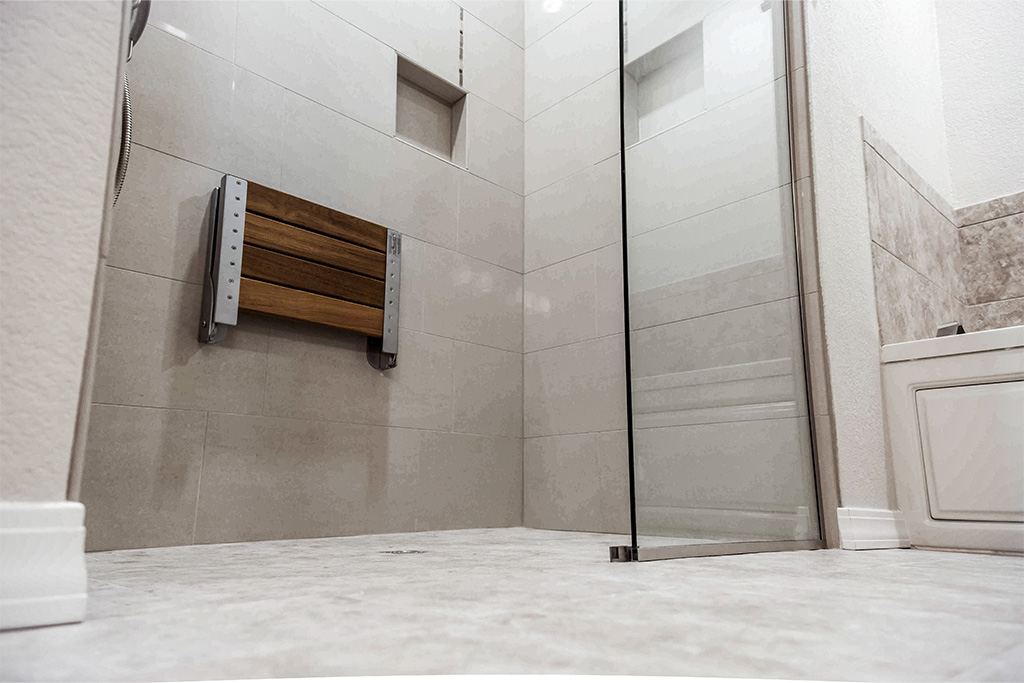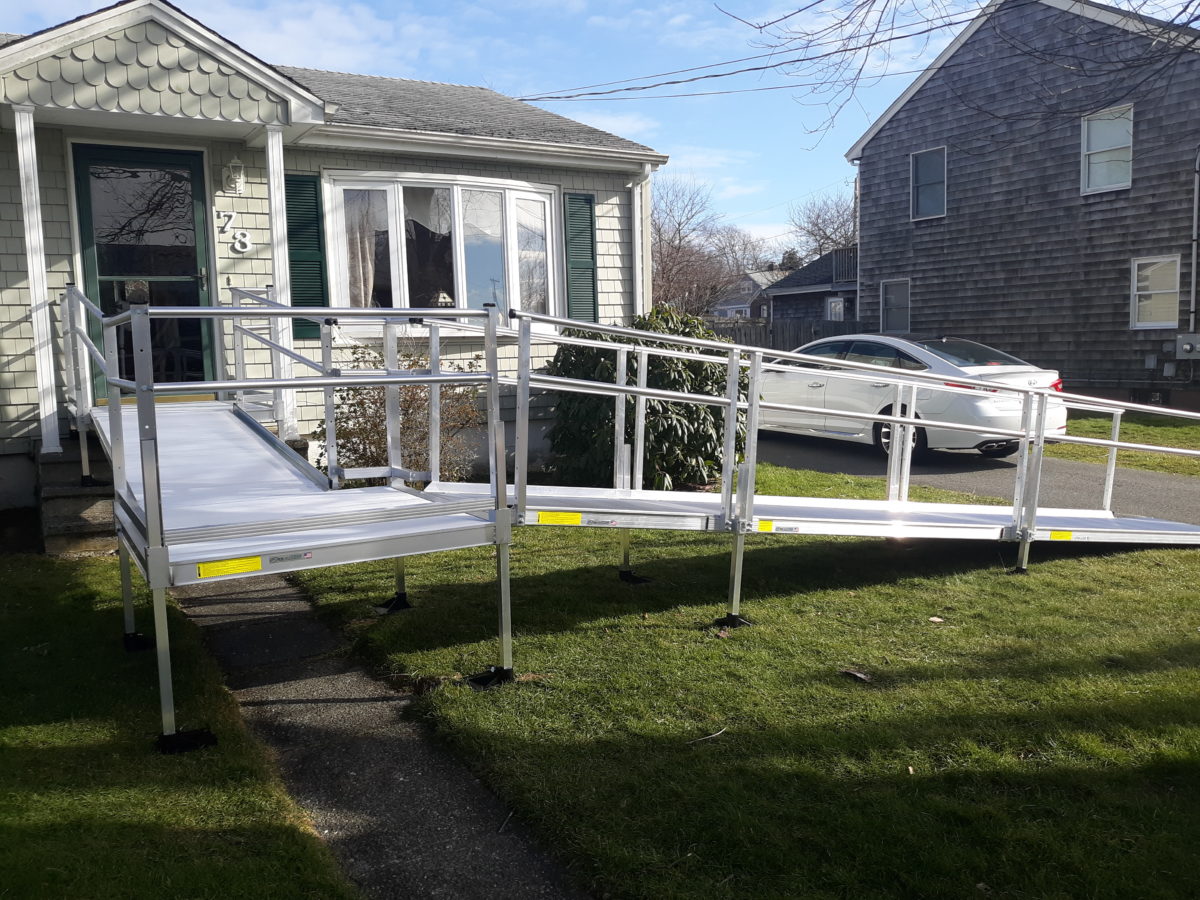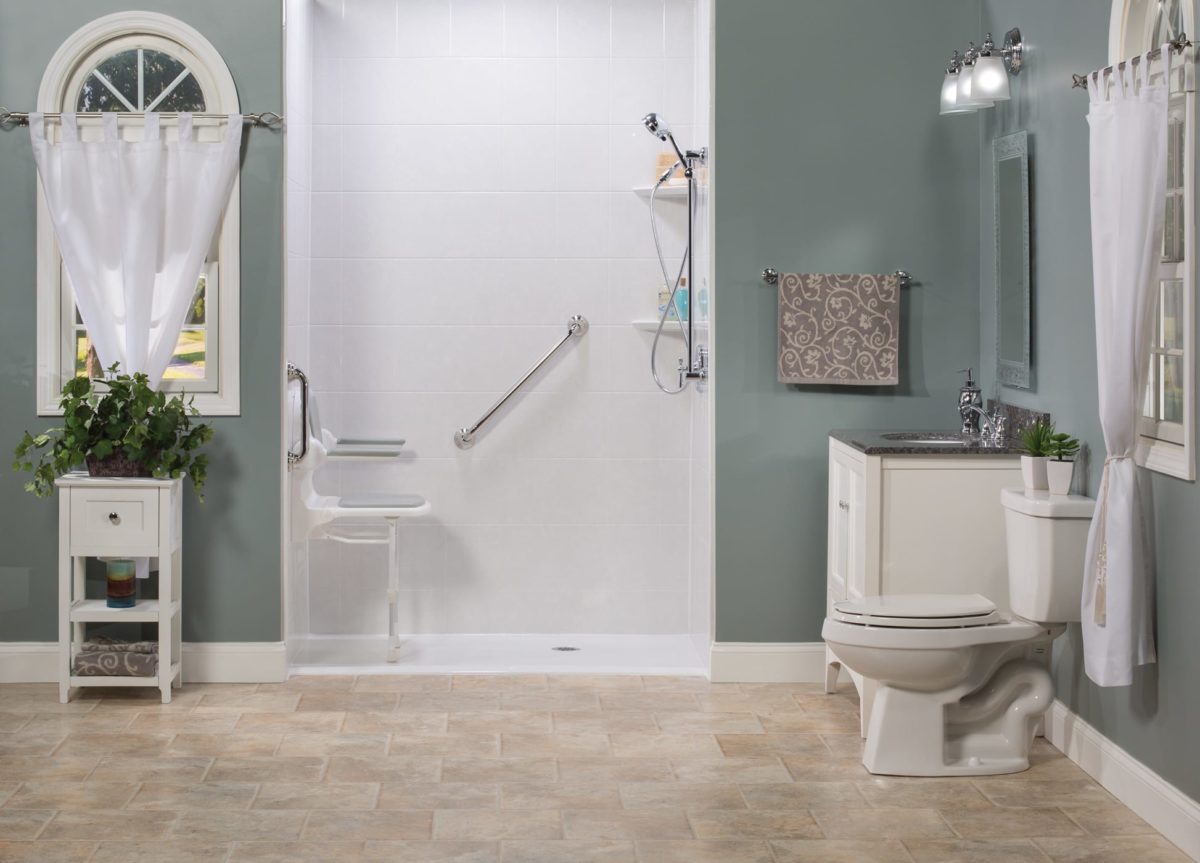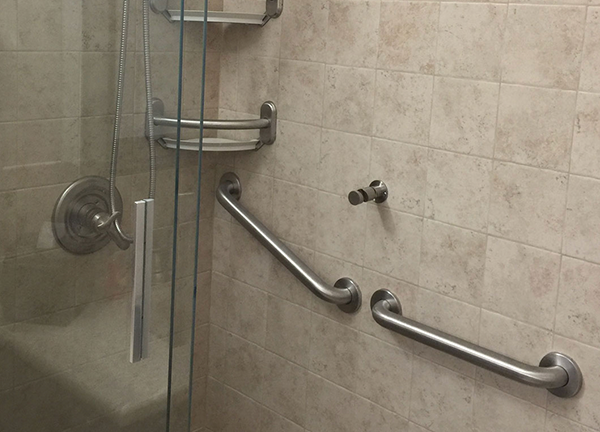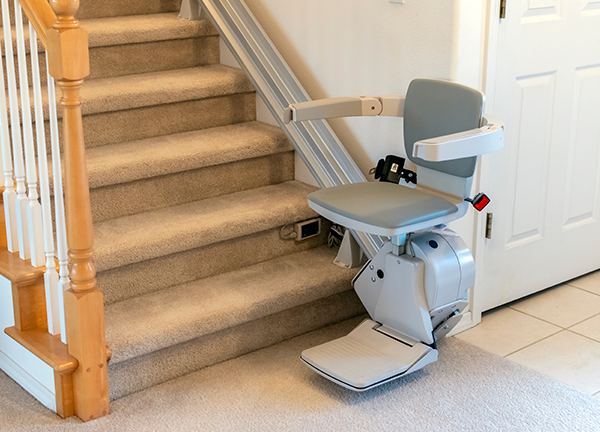For people with limited mobility, one of the most crucial challenges they face is navigating their homes independently and safely. This is where wheelchair ramps come in – they offer a practical and effective solution to help wheelchair users move around their homes without any barriers. At Home Mobility Pros, we have been installing wheelchair ramps for many years, and we have encountered various questions from our clients.
What makes a wheelchair ramp safe?
The safety of a wheelchair ramp primarily hinges on its design, materials, and installation. The ramp should be sturdy, slip-resistant, and have a non-skid surface to prevent accidents. Further, the ramp should be installed on a flat surface that is free of any debris, and the handrails should be at the right height and in good condition.
How long should a wheelchair ramp be?
The length of a wheelchair ramp depends on the height of the surface it is attached to. As much as possible, the slope should be as gradual as possible, with an eight-degree incline being the optimal gradient. For every inch of height, the ramp should be 12 inches long. For instance, a ramp that is four feet high should be 48 feet long.
What type of ramp material is best?
Wheelchair ramp materials vary depending on the needs of the user and the location of the ramp. Aluminum ramps are popular because they are virtually maintenance-free, lightweight, and resistant to rust. Wood ramps provide a natural look and a better grip surface, but they require regular upkeep to maintain their longevity. Steel ramps are a heavy-duty option suitable for areas that experience heavy traffic.
How long does it take to install a wheelchair ramp?
The installation duration of a wheelchair ramp depends on several factors, including the material used, the size of the ramp, and the complexity of the installation process. Ready-made ramps typically take less time to install, while custom-made ramps require more time. In general, the installation process should take a few days, and the contractor should provide a clear timeline before starting the project.
How much does a wheelchair ramp cost?
The cost of a wheelchair ramp depends on various factors, including ramp length, material, design, labor, and permits. Ready-made ramps are generally cheaper than custom-made ramps, but custom ramps offer more versatility. While the cost can be prohibitive for some people, it is crucial to invest in a high-quality ramp that meets the user’s needs and lasts for years.
Wheelchair Ramp FAQ
Wheelchair ramps are a crucial feature for people with mobility issues as they help improve their independence and quality of life. If you are considering installing a wheelchair ramp, it is essential to ask the right questions and do your research before making any decisions. At Home Mobility Pros, we are always happy to answer your questions and help you find the best solution for your needs. Contact us today to schedule a free assessment.

